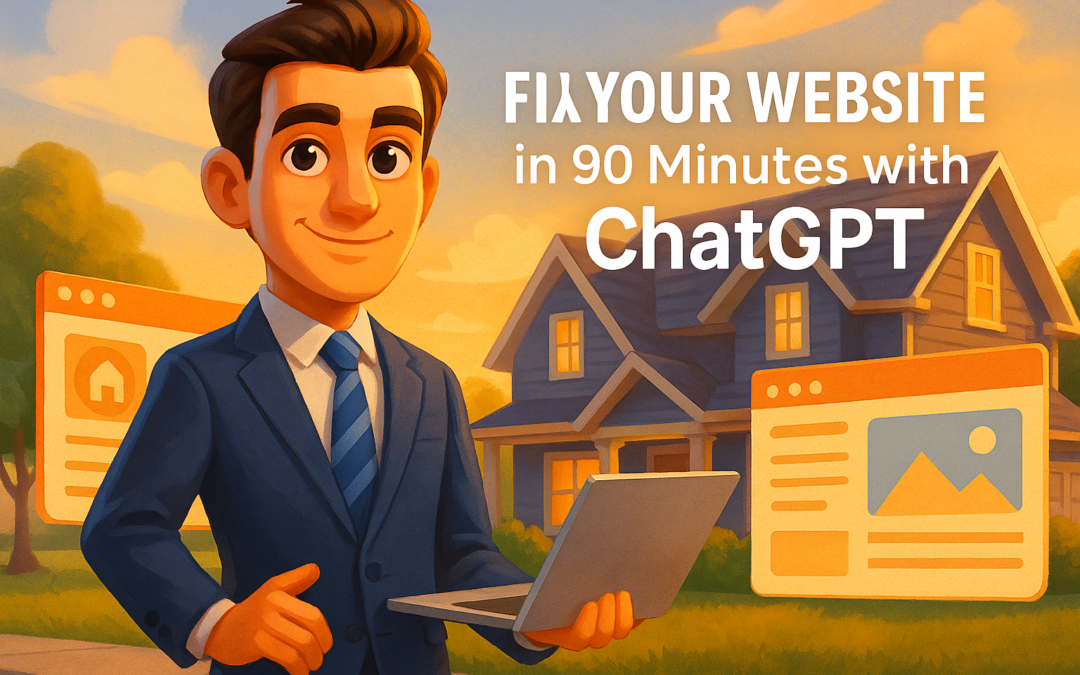
by justsellhomes | Jul 15, 2025 | Uncategorized
Ten years ago, I started Just Sell Homes. Not because it was part of some big plan, I was fired from a job and needed to pay the bills and this was the quickest way. I was actually on the cusp of taking a job somewhere else but the CEO of that company was on vacation...

by justsellhomes | Mar 31, 2025 | General
You know what the problem is with most real estate websites? They all sound the same. Same template. Same headline. Same “I love helping people” message. You could swap out the name and headshot and no one would notice. And if your site looks and sounds like everyone...

by justsellhomes | Mar 3, 2025 | Uncategorized
Every real estate agent has been told “you have to list to last.” Yet, so many struggle to get consistent listings. Without listings, you’re always chasing buyers, working harder for lower returns, and constantly at the mercy of market conditions. But what if...

by justsellhomes | Jan 30, 2025 | Uncategorized
Instagram for real estate isn’t just for influencers, it’s a powerful tool for Realtors looking to grow their business. The key is knowing how to turn followers into clients. With the right strategy, you can generate consistent leads, build meaningful connections, and...

by justsellhomes | Aug 13, 2024 | Uncategorized
Are you tired of hearing about the latest “secret” to getting clients on social media, only to find out it doesn’t really work for your real estate business? The truth is, success on social media isn’t about accumulating followers, likes, and comments. It’s about...






